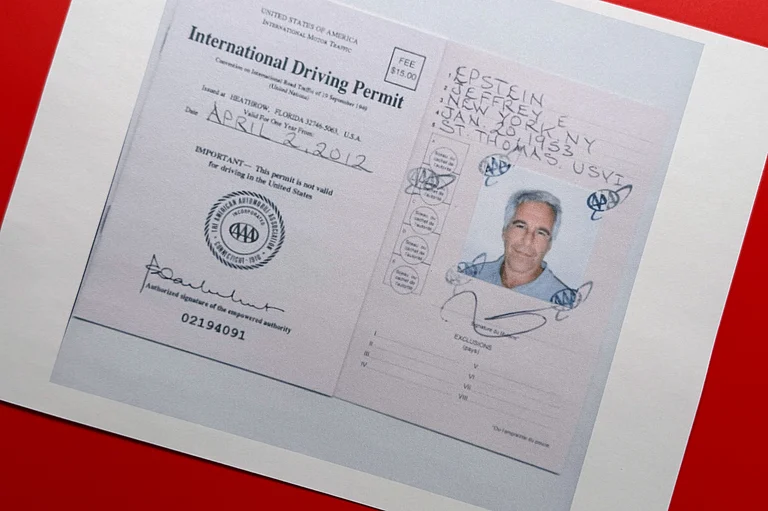Deadly Dose
- Nimesulide, a painkiller, has been proved to be damaging to the liver
- Children’s deaths have been linked to it incontrovertibly
- Despite a ban on it in many developed countries, it commands a Rs 300-crore market in India
- The drug is sold under different brand names like Sumo, Nobel-Plus and Nimulid
- It is not allowed to be produced in the US, where it was first developed
***
A proposed partial ban on nimesulide, an analgesic often described as the “dirtiest drug” in the market for its damaging side-effects on the liver, looks all set to be stuck in limbo. This, after a few MPs wrote to Union health minister Ghulam Nabi Azad asking him to reconsider the ban proposed by the drug controller’s office on its use on children. A sudden withdrawal of the drug, the MPs argued, would leave patients using it helpless.
This would seem perfectly logical were it not for the coincidence that the MPs who’ve written to Azad are all from Bihar. Or that Alkem Laboratories, one of the leading sellers of nimesulide, a business worth Rs 53 crore every year, also has strong roots in the state. Alkem is headquartered in Mumbai, but its founder Samprada Singh is from Bihar and began his pharma business there.
Floating around are the names of three MPs, among them Hukumdev Narayan Yadav, a BJP Lok Sabha MP from Madhubani in Bihar. Contacted by Outlook, he retaliated, “Why ban just this drug? Is Dispirin not bad? Ranbaxy (now bought over by the Japanese firm Daiichi Sankyo) and Glaxo also make medicines. Are all of them safe?” Asked if representatives from Alkem had lobbied with him, he went on to say, “I don’t remember. There were medical sales representatives, chemists who came to me. Even if Alkem came, what’s wrong with it? You probably think it’s got to do with money, but not all is about money. If the government is really concerned about unsafe medicines, it should formulate a uniform policy and ban all of them.”
However, Monthly Index of Medical Specialities editor C.M. Gulhati dismisses the MPs’ concerns over a crisis in case nimesulide is withdrawn as pure humbug. “It’s not a drug meant for chronic use. Even the drug controller’s office has stated that its maximum use at one stretch can’t be more than 10 days.” Moreover, there are cheaper and safer alternatives to nimesulide like Etodolac, Ibuprofen and Piroxicam, all of them non-steroidal anti-inflammatory drugs.
Nimesulide’s continued marketing in India makes it the only country in the world where:
- the drug is allowed to be used as a treatment option, often even for infants
- is permitted to be used to treat fever in children and adults
- is allowed to be combined with paracetamol (mixing the two is avoided since both are hepatotoxic)
Nearly all major developed countries have banned the use of the drug in any form, including the US, Canada, UK, Australia, New Zealand and Japan. “Even in countries where it is allowed, it is allowed only for three specific conditions: rheumatoid arthritis, osteo-arthritis and dysmenorrhoea,” says Gulhati.
Civil society and promoters of rational drug use have repeatedly tried and lobbied with the government to ban the drug. “It’s funny how a drug that the government once declared as safe has now suddenly become unsafe,” says Ashok Agarwal, an advocate with Social Jurist, a group that had petitioned the Delhi High Court in 2003 asking for its prohibition, especially its paediatric use. The case was dismissed after the government replied that the drug was safe.
One main reason for the reticence of Indian pharma firms to stop Nimesulide production is its immense profit margin. While it takes a mere Rs 1.40 to produce a strip of 10 tablets, the drug retails for anywhere between Rs 35-40. So even as Indian pharma majors aspire to compete with the best globally, they flounder when it comes to abandoning one of the world’s most unsafe drugs.


























